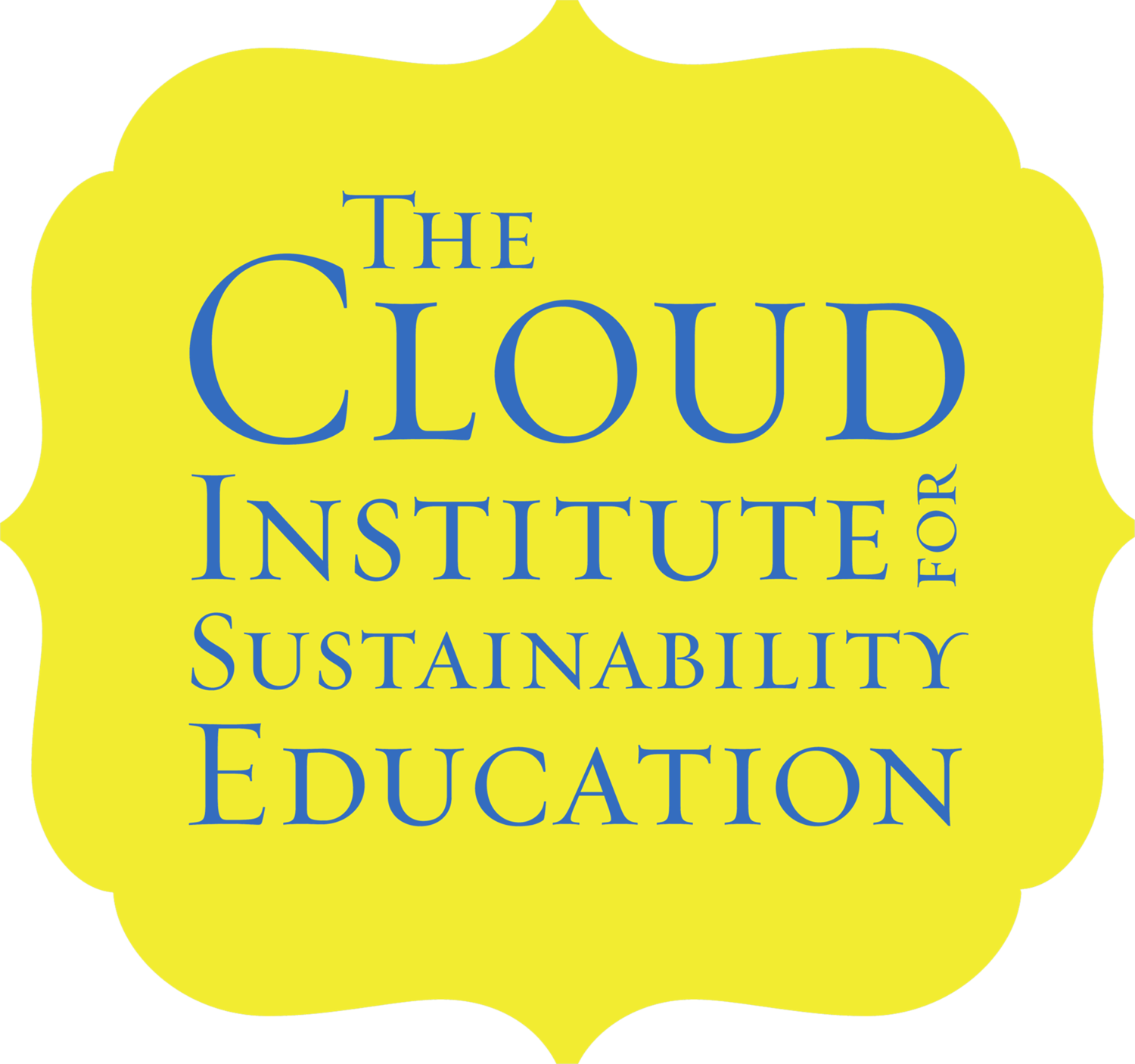Students were casually discussing a Facebook post about COVID-19 as they worked in groups practicing problems in preparation for the upcoming Algebra 2 regents exam. Meanwhile, my coworkers and I were discussing the possibility of school being canceled for a few weeks or possibly the rest of the school year.
No one fully understood the health implications of COVID-19 and the impact it would have on in-person learning. And no one could’ve anticipated how the shift to remote learning would change the landscape of education, specifically how educational technology (ed-tech) would become essential to learning. Like water shapes itself to a vessel, educators had to transition from the traditional “chalk and talk” way of instruction to become smart-board, tech-savvy teachers. While challenging, this transition provided an opportunity for educators like myself to experiment with synchronous and asynchronous methods of teaching, as well as test out a host of ed-tech tools. For example, Zoom became a favorite among educators because of its breakout rooms, polling, and security features. Ed-tech tools quickly transformed the laptop screen into a classroom, where teachers, students, and parents could co-create a productive and collaborative online learning community.
I faced a couple of key challenges in transitioning my math classroom to a remote learning environment. My top priority was establishing a virtual classroom that accommodated multiple learning styles to ensure all my students had access to and could complete their assignments. Then came the challenge of covering what remained of the eleventh-grade math content for that year. I was personally challenged to find a way to deliver that content so it connected students to current events. The death of George Floyd, coupled with COVID-19, touched a nerve in students and stirred up strong feelings that needed to be expressed. Many of my students are aware of police violence in their neighborhoods and have experienced it themselves. How could I give my students an opportunity and an outlet to explore these issues while teaching math and meeting their multiple learning styles? The answer was project-based learning (PBL). PBL was a natural way to address these challenges; however, I had never used PBL in a virtual environment before.
I became a PBL Practitioner after attending hours of training offered by the New York City Department of Education’s Academic Integration Network and the Cloud Institute for Sustainability Education. I turned to these organizations again as I began to think more deeply about how I could facilitate authentic learning experiences in a virtual classroom that were personalized, interest-based, student-designed, and self-directed, all components of good PBL. Together, we designed interdisciplinary projects with themes that were designed to offer student choice. My class ultimately… [continued at: greenschoolsnationalnetwork.org/merging-math-and-project-based-learning-in-a-virtual-classroom]
























